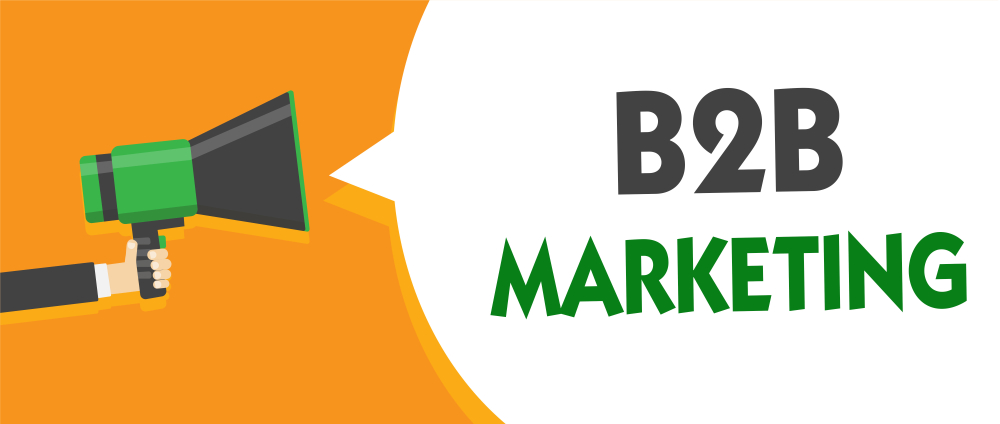9 B2B Online Marketing Courses to Win at AI and Machine Learning

Artificial intelligence and machine learning weren’t on the agenda in most marketing courses ten or even five years ago. Nevertheless, AI and machine learning are nearly standard practice these days as part of your business and marketing strategies. Whether you’re a sales rep, CMO, CEO, manager, or marketer, it’s worthwhile to spend some time learning […]
How to Market B2B Products and Build Relationships in 2020

Your leads and customers expect more these days. B2B decision-makers are young, diverse, and grew up with smartphones, internet access, and automation. Research shows 42% of millennials working in B2B hold managerial positions while 21% are vice presidents or in C-level roles. They want fully optimized digital experiences from your B2B company. At the same […]
3 B2B Marketing Ideas to Overhaul Your Results

With so many B2B marketing ideas out there, it’s tough to know where to begin. However, if you’re like most B2B marketers, you know it’s definitely time to make some changes. In recent years, competition has heated up among some B2B companies, but many have been left behind because they rely on outdated ideas that […]
2 Great B2B Content Marketing Strategy Ideas to Adopt in 2019

Whether you love how your B2B company ended 2018 or you couldn’t wait for your chance at a fresh start, 2019 is here. With it, comes the opportunity to reach higher heights than ever before. However, this opportunity will only be realized by those who know which B2B content marketing strategy ideas hold the most […]
